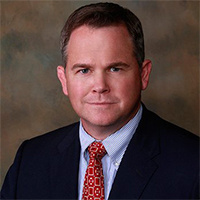Redwood Estates White Collar Crime Lawyer, California
Sponsored Law Firm
-
 x
x

Click For More Info:
-
The Law Offices of Richard L. Cooper, P.A.
848 Brickell Avenue Suite 800 Miami, FL 33131» view mapDWI/DUI, Drug Trafficking, Felony Nationally Ranked Top 40 Under 40
With Richard L. Cooper you can expect a trusted confidant who will work diligently to fully understand your case and determine a road map to help you regain control of your life.
800-756-2781
John Thornton
With over 30 years of legal experience, Attorney John W. Thornton has represented individuals accused of everything from DUI to homicide. There is tru... (more)
Diego F. MacWilliam
✓ VERIFIEDIf you have been arrested, perhaps for the first time, I understand how you feel and what you're going through. I am available to you for a no cost, ... (more)
Jerome Pierce Mullins
✓ VERIFIEDIf you or someone you know is charged with a serious criminal offense, I will discuss the matter at no charge. Please call me any time of the day or n... (more)
Robert Cummings
The Law Offices of Robert G. Cummings is devoted to the defense of individuals and entities charged with or facing criminal prosecution. Mr. Cummings... (more)
Kenneth W. Robinson
Kathleen Fitzgerald Sherman
James Brian Madden
Riccardo L. Ippolito
FREE CONSULTATION
CONTACT
 Richard L. Cooper Miami, FL
Richard L. Cooper Miami, FL AboutMiami Attorney at Law
AboutMiami Attorney at Law ServicesCriminal Defense
ServicesCriminal Defense




